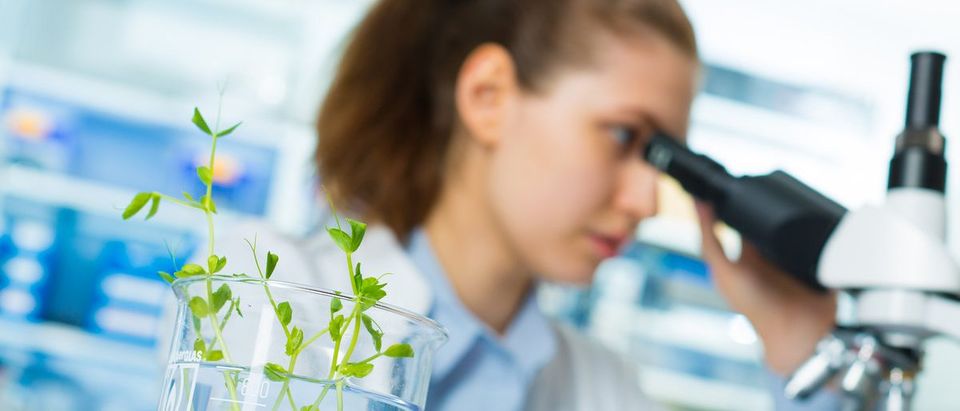Global warming is spurring so much plant growth that some parts of Earth are starting to cool, according to study released Thursday by Ghent University.
The study concluded that rising carbon dioxide (CO2) emissions are causing an increase in plant life, which generally has a moderate cooling impact on the local climate.
In warm areas, CO2 emissions increase the amount of leaf cover, leading to localized cooling. Cooler places see the opposite, with temperatures rising slightly since less sunlight is being reflected back from the surface from increased leaf coverage.
In total, researchers say that these effects have mitigated global warming by roughly 14 percent.
“We show that the increasing trend in [leaf area index] contributed to the warming of boreal zones through a reduction of surface albedo, and to an evaporation-driven cooling in arid regions,” reads the study’s abstract. “We show that the increasing trend in LAI contributed to the warming of boreal zones through a reduction of surface albedo, and to an evaporation-driven cooling in arid regions.”
The scientists examined satellite data from 1982 to 2011 and assigned an LAI, or how much of the surface was covered by vegetation, to various regions of the planet. Scientists found that roughly 60 percent of Earth’s vegetated surface saw an increase in greening that cooled the planet.
For colder areas, the greening effects caused a slight rise in air temperatures by approximately 10 percent.
Previous research from the Oak Ridge National Laboratory and the University of California-Irvine found plants use water more efficiently when exposed to higher concentrations of CO2, suggesting that droughts could be less severe.
Other research suggests that more CO2 increases plant growth, which would limit the impact of global warming. High CO2 levels cause plant life to thrive, particularly in arid regions where carbon emissions are literally causing deserts to bloom.
Roughly half of Earth’s landmass demonstrates “significant greening,” and only 4 percent of the world saw a decrease in plant life, according to past research. Increased vegetation growth could slow global warming, since more trees and plants equates to more sequestered CO2.
A research team from the Massachusetts Institute of Technology and the University of California-Davis used climate and agricultural computer models to find that global warming may have a generally positive impact on U.S. farming from factors, including fewer frosts, longer growing seasons and an earlier start of field operations.
Researchers also found, however, that plants could potentially suffer from more heat stress and more dry days.
Send tips to andrew@
All content created by the Daily Caller News Foundation, an independent and nonpartisan newswire service, is available without charge to any legitimate news publisher that can provide a large audience. All republished articles must include our logo, our reporter’s byline and their DCNF affiliation. For any questions about our guidelines or partnering with us, please contact licensing@dailycallernewsfoundation.org.


